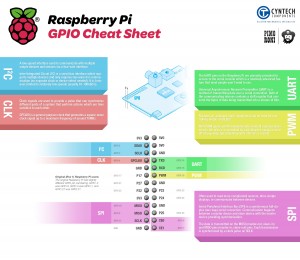November 11, 2013 7:13 pm
Written by Ellie Wilding
Turn IT On attends Computing at School (CAS) Enfield hub meeting
Here at Turn IT On we aware that the new curriculum will bring many challenges for schools and subject leaders when designing new schemes of work. Turn IT On run teacher workshop events every half term in various locations across London and the South East, but we also attend some of the CAS (Computing at School) hub meetings to share and discuss new ideas. Last week we appeared in Enfield at the City Learning Centre and discussed how the Raspberry Pi can used in KeyStage 2 Computing lessons.
Attending the meeting were teachers from local Primary and Secondary schools, trainers and programmers who were volunteering in schools. After hands on experience with Raspberry Pi machine, there was plenty of discussion. All agreed that Scratch and Blockly are great tools for introducing programming environments, but that a ‘hands-on’ experience was really important to engage all learning styles. Raspberry Pi and the GPIO pins and Lego Mindstorms and VEX IQ can offer a practical and more tangible experience for the kinesthetic learner in us all.
Take a look at some of these GPIO projects. General-purpose input/output (GPIO) is a generic pin on an integrated circuit (commonly called a chip) whose behavior (including whether it is an input or output pin) can be controlled (programmed) by the user at run time. GPIO pins on a Raspberry Pi have no special purpose defined, and go unused by default.
Click on this image to see the ‘cheat sheet’ explaining the GPIO pins on the Raspberry Pi.
Computing At School (CAS) is an organisation that promotes and supports the teaching of Computer Science in UK schools. Look out for Computing at School Hub meetings and events in your area. Follow them on twitter @CompAtSch


